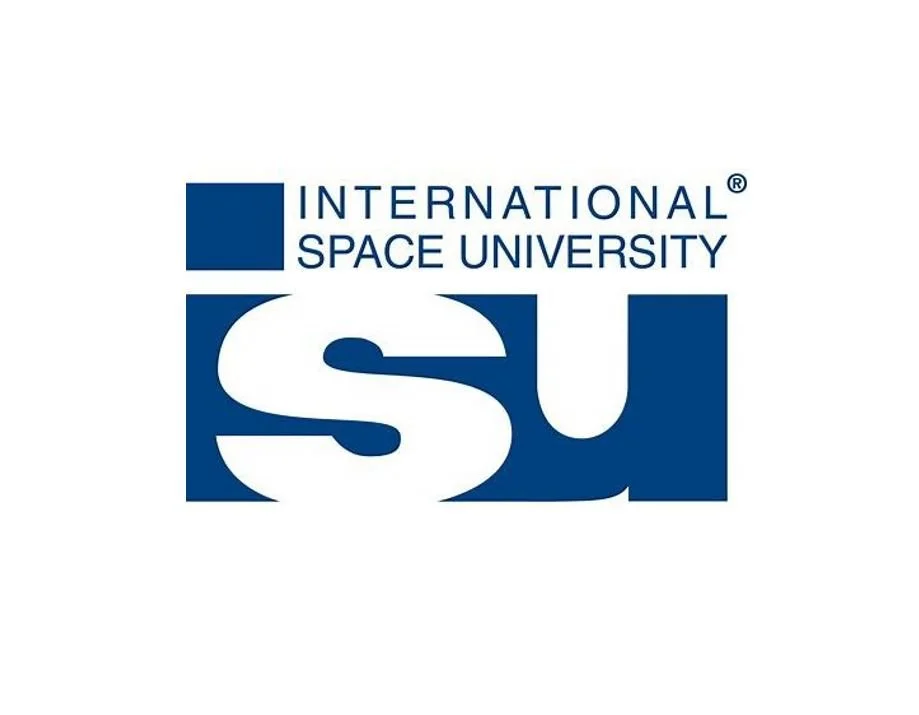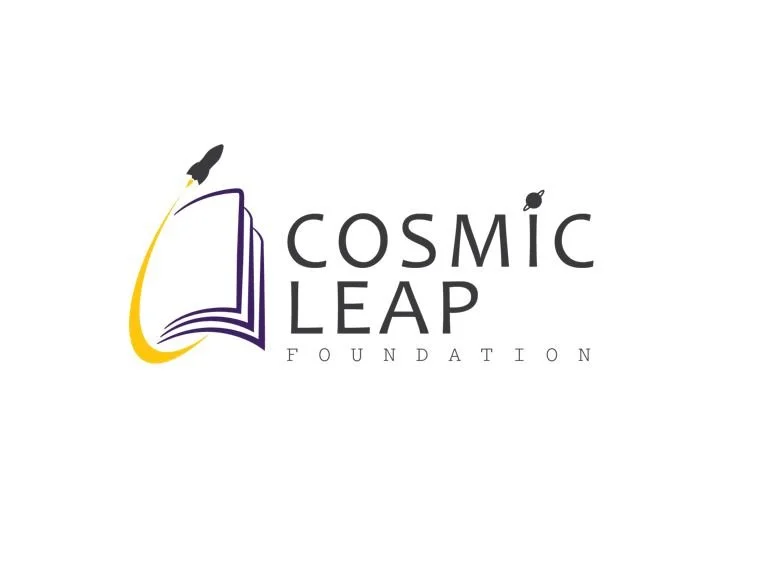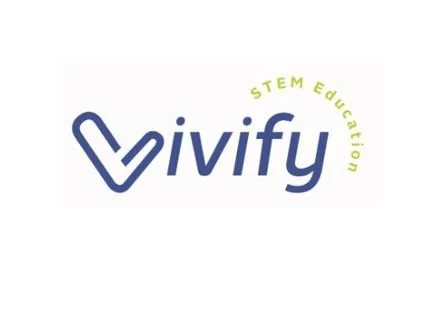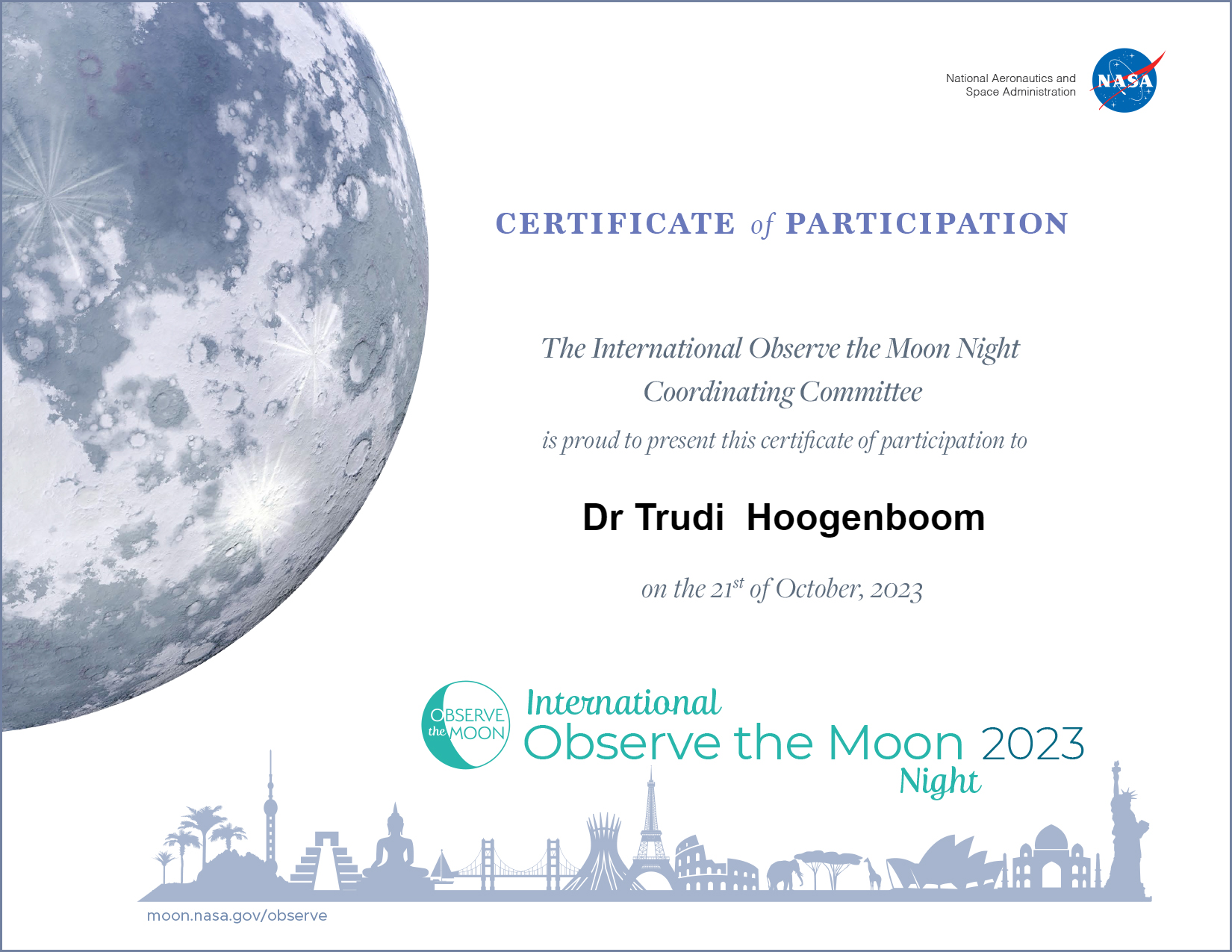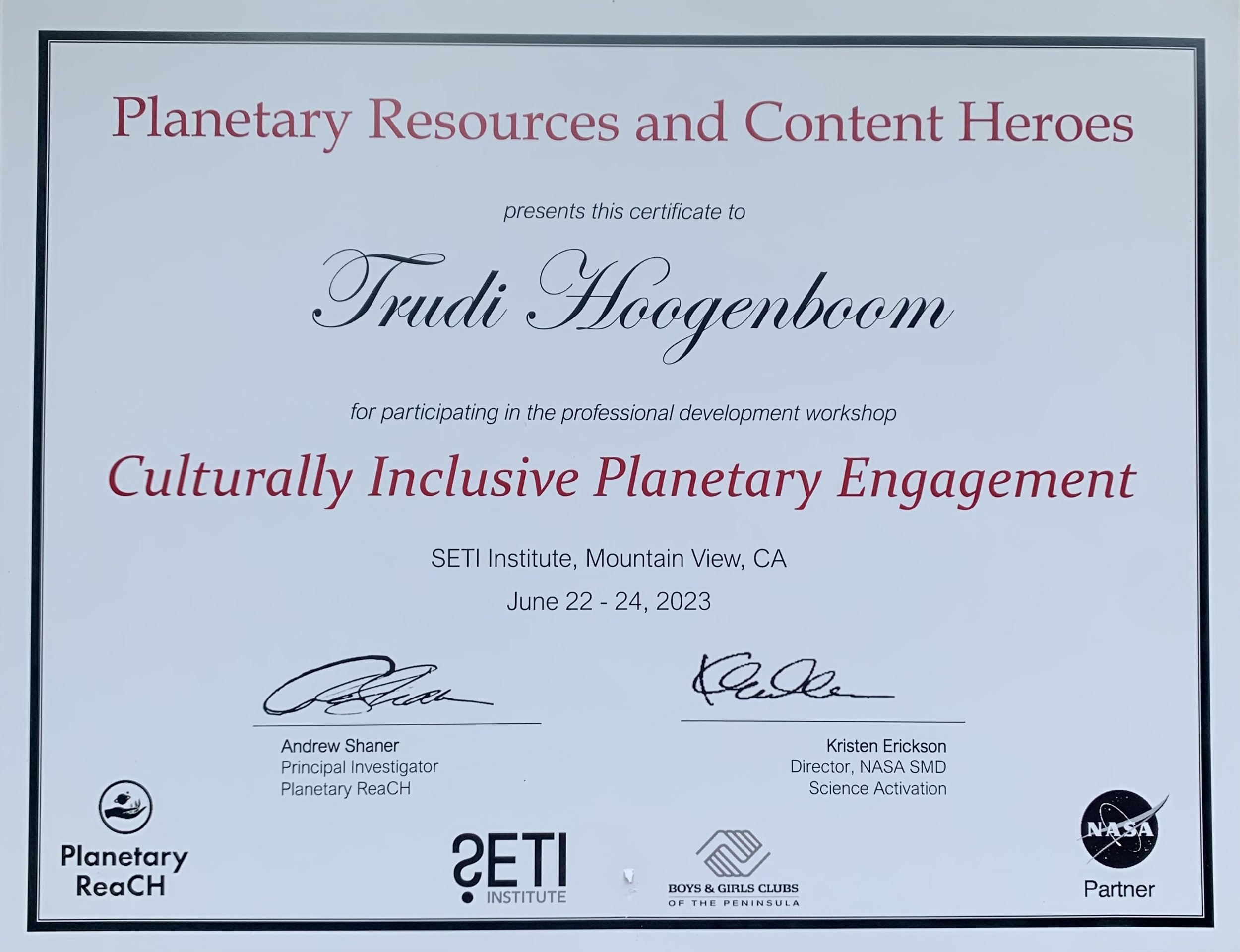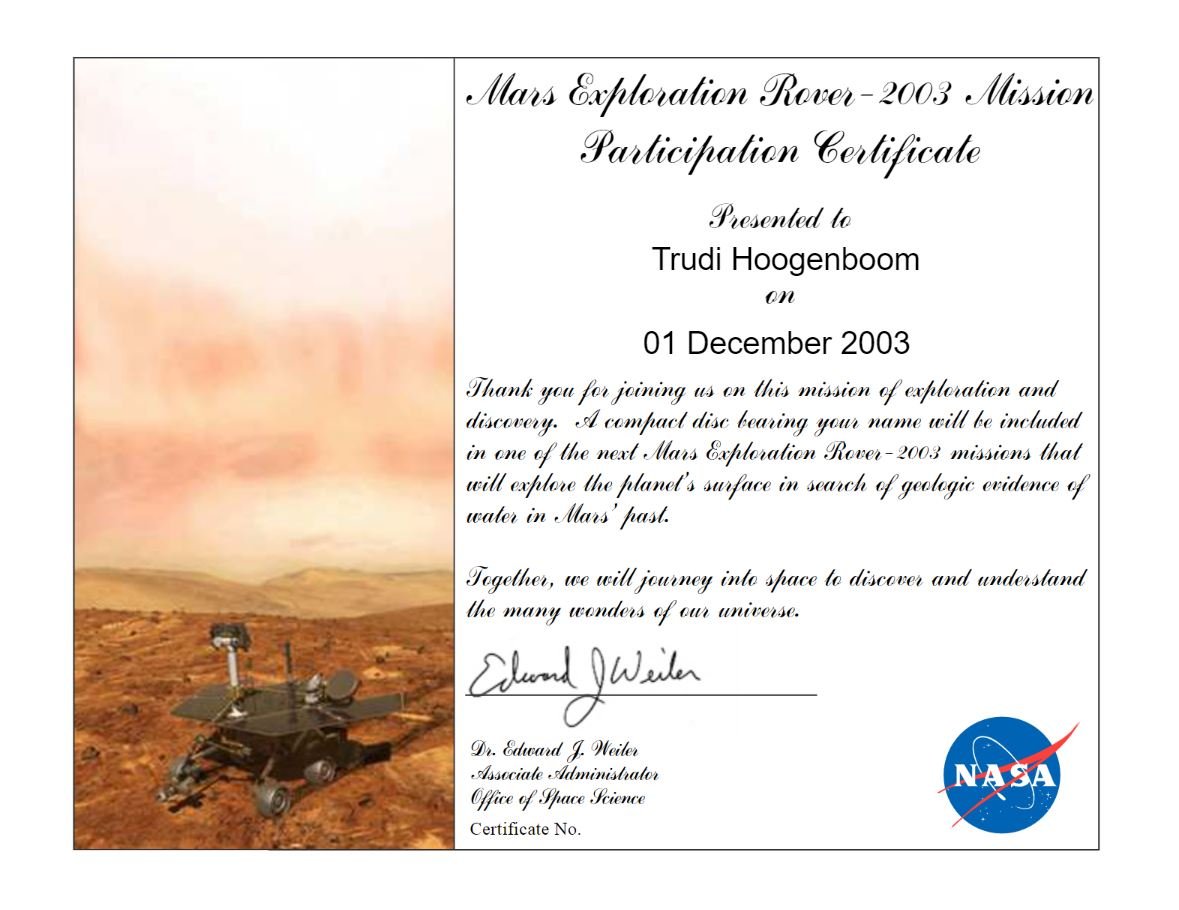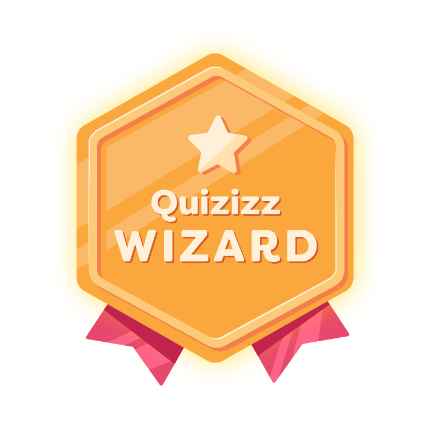
Scientific Outreach & DEI
Scientific Outreach serves as a bridge between the scientific community and society at large. It promotes scientific literacy, democratizes knowledge and most importantly, it inspires future generations of STEM professionals.
-
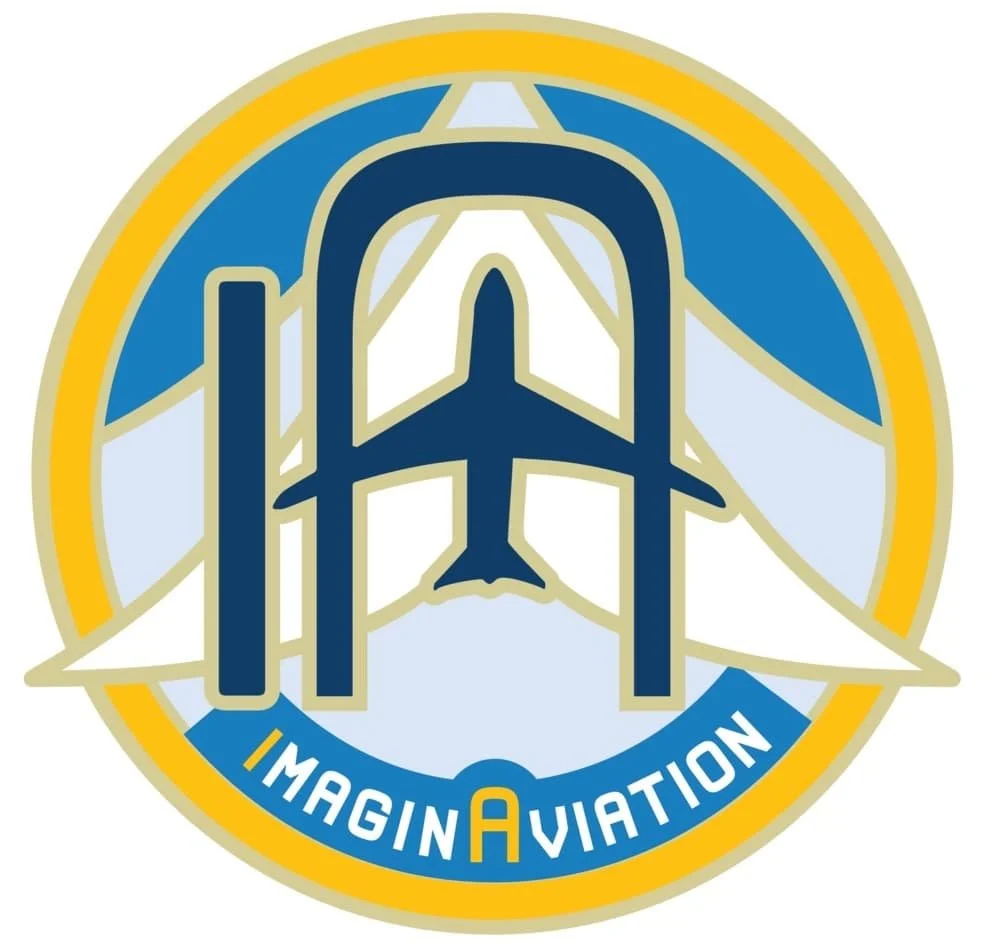
NASA Aeronautics imaginAviation 2024 Watch Party
February 27-29, 2024
AGENDA: Coming Soon
VIRTUAL EVENT: YouTube, Event Link Posted Week of Event
REQUIREMENTS: Internet-Connected Screen with Audio Output
-
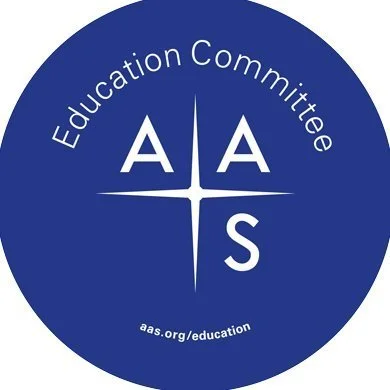
AAS - Division of Planetary Sciences Education Subcommittee Member
2023 - current
The Division for Planetary Sciences is committed to enriching educational experiences for students, teachers, and the general public in the multiple disciplines of planetary science and supporting disciplines of math and technology. We use our wealth of space science expertise to excite and inspire the next generation of space scientists and to demonstrate the value of planetary exploration and discovery to the nation. We are involved in a wide array of education and public outreach activities including classroom visits, training for formal and informal educators, product and curriculum review, systemic education reform, science content advisors, after school clubs, as well as public outreach through books, journals, and radio and TV interviews.
-

Mentoring360 Circle Lead Volunteer - Space Sciences Undergraduate Mentor
2023 - current
Mentoring365 is dedicated to helping fill resource gaps essential to a successful career and expanding opportunities within and beyond academia. COVID-19 highlighted concerns that could impact the Earth and space sciences workforce for years to come, including a lack of community-building opportunities; a lack of career advice and professional development opportunities for early career researchers and students, especially individuals from underrepresented populations; and decreased job opportunities and access to financial support.
-

Space Science Outreach (Grade 7)
October 2023 - January 2024
How are scientists searching for extraterrestrial life? What has been found? Who has been involved? What key technologies are used?What's the science behind the technologies? Limitations/failures?
Terraforming: To what extent have scientists figured out this is possible? What efforts have been made to try to terraform? Who has been involved? What current limitations / challenges?
Human Physiological Effects in Space: Major physiological effects? The science behind the physiological effects? How to counter harmful physiological effects? Involvement with microgravity?
-
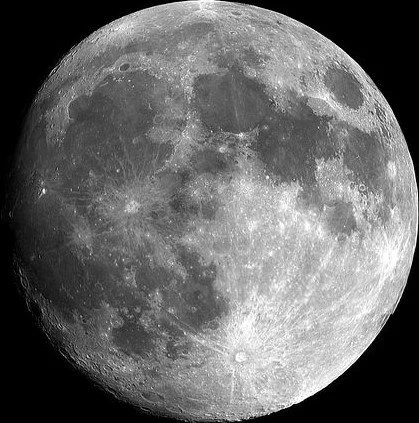
International Observe the Moon Night Star Party
October 2023
The Moon is the brightest object in our night sky, the second brightest in our daytime sky, and can be seen from all around the world. International Observe the Moon Night is always held near a first-quarter Moon, which means that the near side of the Moon is about half-illuminated. A first-quarter Moon is great for evening observing as it rises in the afternoon and is high above the horizon in the evening. With the naked eye, you can see dark gray seas of cooled lava called mare.
Where: 8236 SE 24th St, Mercer Island, WA 98040
Time: 7-11 pm
If you observed with us this year, you joined an estimated 900,000 participants worldwide. Registration included over 1,500 events and 3,200 individual lunar observers, from all 7 continents, 123 different countries, all 50 U.S. states, Puerto Rico, and Washington, D.C. The International Observe the Moon Night Coordinating Committee sends a huge "thank you!" to supporters and participants who helped to make this year's program a success.
-

East Palo Alto Boys & Girls Club Elementary School Age Outreach
June 2023
The Planetary Resources and Content Heroes (ReaCH) team seeks to enhance the ability of the planetary science and astrobiology (PS/AB) community, aka “Content Heroes,” to engage Black and Latinx youth and their families. The ReaCH team has initiated a series of workshops titled Culturally Inclusive Planetary Engagement at multiple locations across the country. In addition to planetary scientists and astrobiologists, NASA Science Activation teams and informal educators who serve diverse communities are invited to participate in these workshops.
-
International Space University Space Studies Program (SSP) Lecturer - VR in Space Education
26 June to 25 August 2023
São José dos Campos, Brazil, Topics: Future STEM Education in the Metaverse (Satellite Engineering and Applications, Astrobiology, Robotic Exploration, Space Stations and Water in the Universe)
The Space Studies Program (SSP) offers an intensive 9-week course hosted each year in different locations around the world. The SSP offers a unique curriculum designed specifically for professionals starting or changing direction in their space careers. During the SSP, participants work on team projects to address current and future challenges in the space sector.
-
Cosmic Leap Foundation Advisory Board Member
2023 - current
Based in College Station (Texas), Cosmic Leap Foundations vision is to empower educators with the resources to ignite the passion for discovery in every student by providing engaging and meaningful space-themed educational programs and resources. We aim to cultivate the next generation of thinkers and leaders equipped with the knowledge, skills, and imagination to shape our collective future in the cosmos.
-
Vivify STEM Career Chats for Elementary, Middle and High School Students
2023
What is the day in the life of an astrobiologist? What does an astronaut do for fun? Get to know a wide range of STEM professionals including what they do, their journey to STEM, and hobbies outside of work. These STEM Career Chats are based on questions from elementary and middle school students around the world.
-
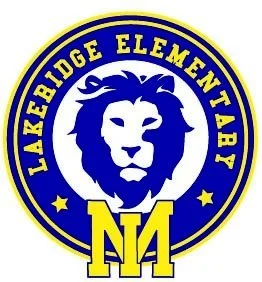
Lakeridge Elementary School Outreach - DART mission Grade 3 Outreach
November 2022
Lakeridge Elementary School (Mercer Island) presentation to all 3 Grade 3 classes about the DART mission to Didymos and Dimorphos
-

Mars Society Summer High School Mars Habitat Competition Lecturer
2022 - current
Since 2022, the Mars Society has run an annual International Mission to Mars Engineering Design Competition for upper middle school and high school students from around the world. Modeled on the approach taken in university engineering design courses, this virtual program involves morning and afternoon sessions (Monday-Friday) from June 26th through July 31st, with lectures with leading scientists and engineers from NASA, the aerospace industry, and the academic community.
-
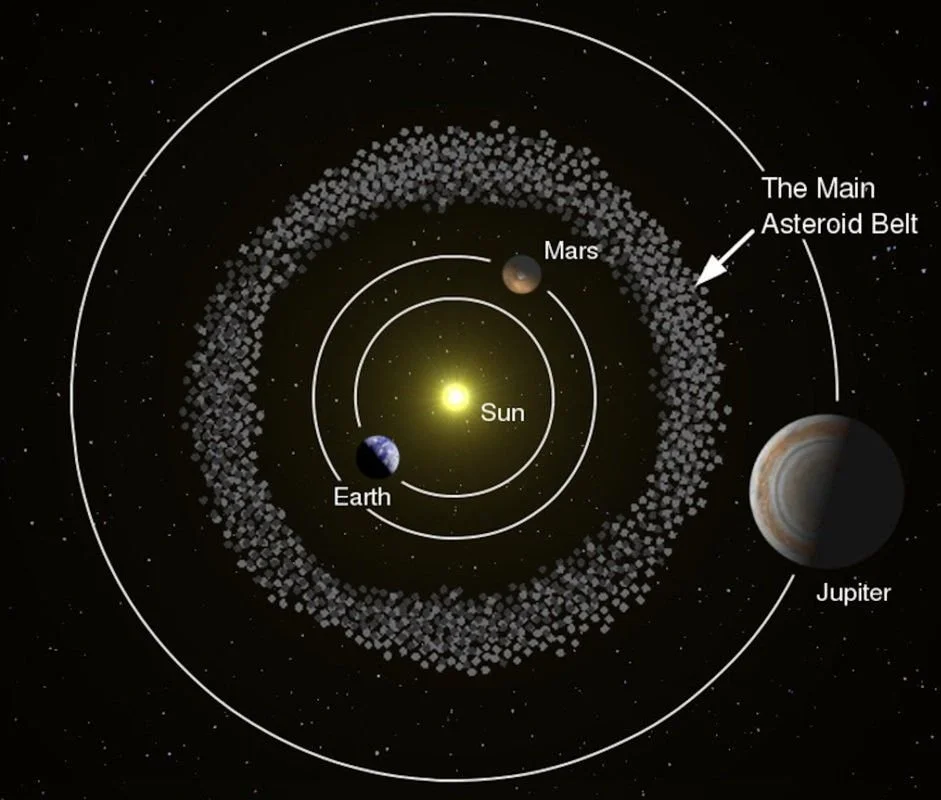
Asteroid Search Team Founder Teaching students Astrometry
2019 - current
I founded an Asteroid Search Team consisting of a group of 250+ students located in 12 countries who search for previously unidentified Asteroids using professional grade Astrophysics software and data from the IASC (International Asteroid Search Collaboration) and Pan-STARRS (The Panoramic Survey Telescope and Rapid Response System located at Haleakala Observatory) telescopes.
-
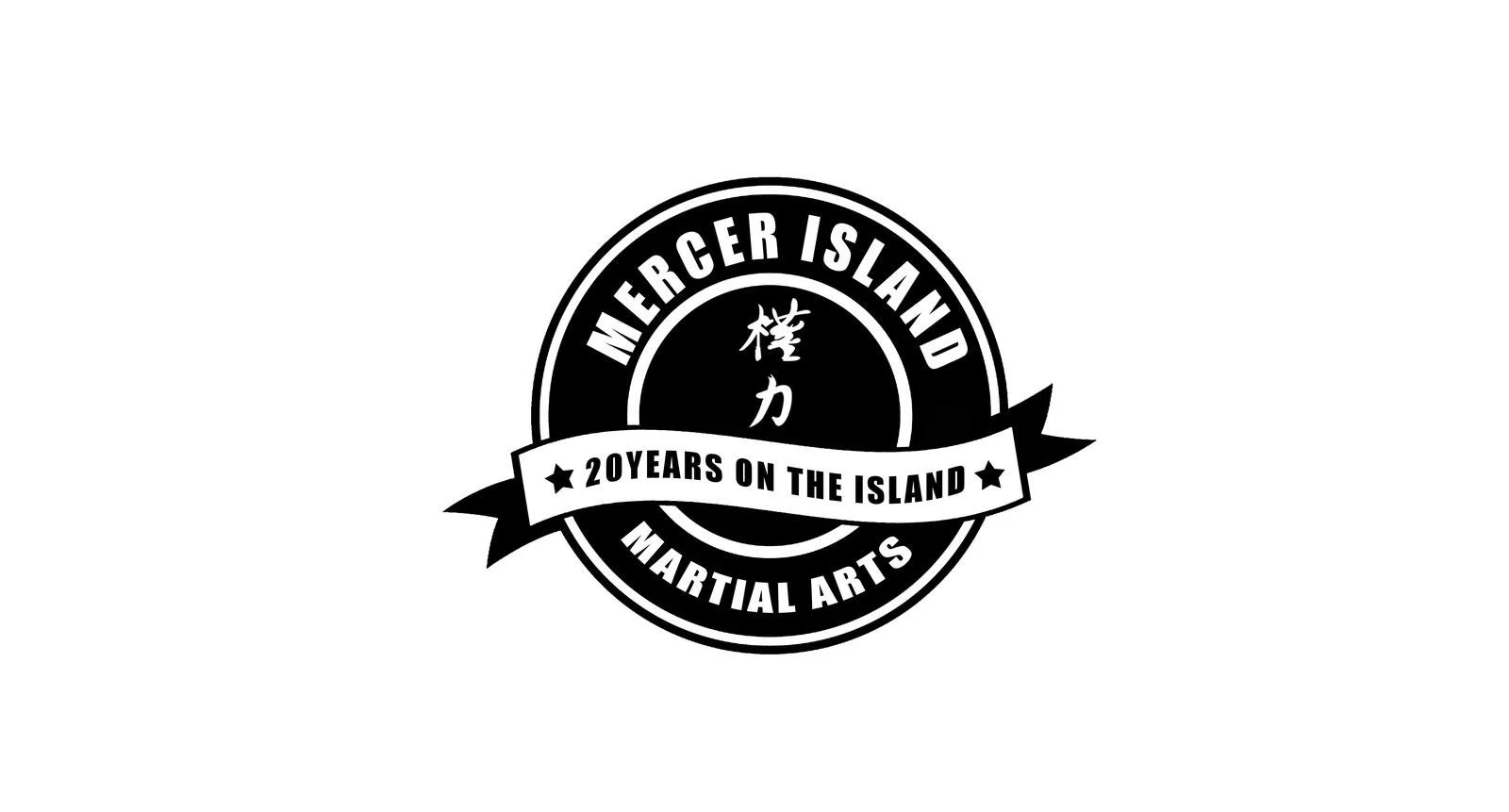
MIMA Space Science Summer Camp Planetary Outreach
August 2018
Lunar cratering talks and demonstrations to camp participants K through Grade 9.
-

CareerVillage High School Space Sciences Mentor
2018 - current
CareerVillage's mission is to democratize access to career information and advice for underrepresented youth by crowdsourcing the answers to every question from every student about every career. Together, we're building a massive open-access reference source that every online learner can access anytime, anywhere. Join our movement of over 6,000,000 learners and over 100,000 volunteers.
-

Lunar & Planetary Institute Family Space Days & School Outreach
2011 - 2015
On select Saturday mornings, the LPI invites children, ages 5–8 and their families to the Lunar and Planetary Institute to explore space science topics (hands-on activities, crafts, games, and stories).
Scientist in-classroom outreach at schools in the Greater Houston Area. What does it take to live on the Moon? How does our Sun impact us? What is a comet?
-

ExxonMobil Middle and Elementary School Science Ambassador
2007 - ~2010
Participated in an in-classroom program focused on education in science, technology, engineering and mathematics (STEM) targeted at middle school students in the Houston Area. Volunteer scientists visit local area classrooms to share their passion for STEM with students and inspire the next generation of innovators.
